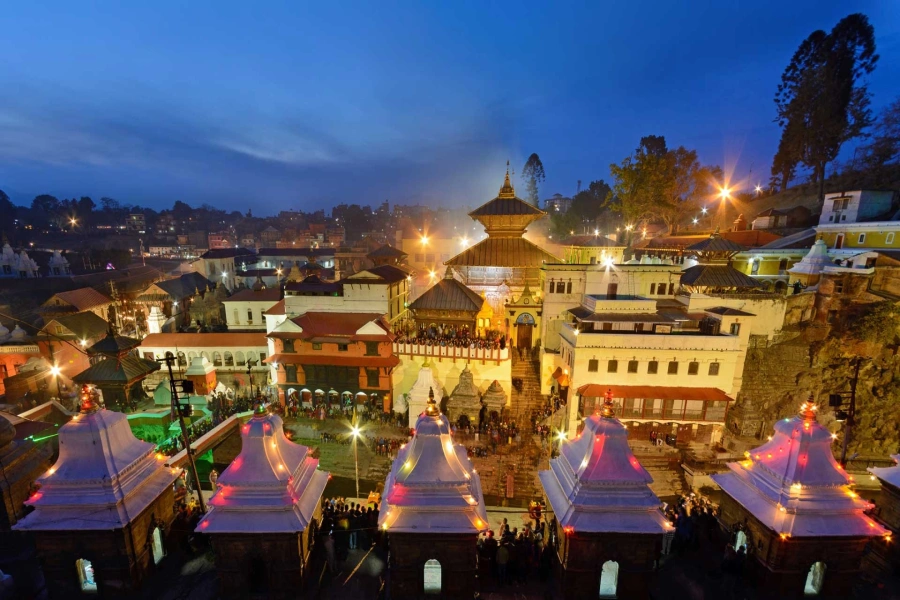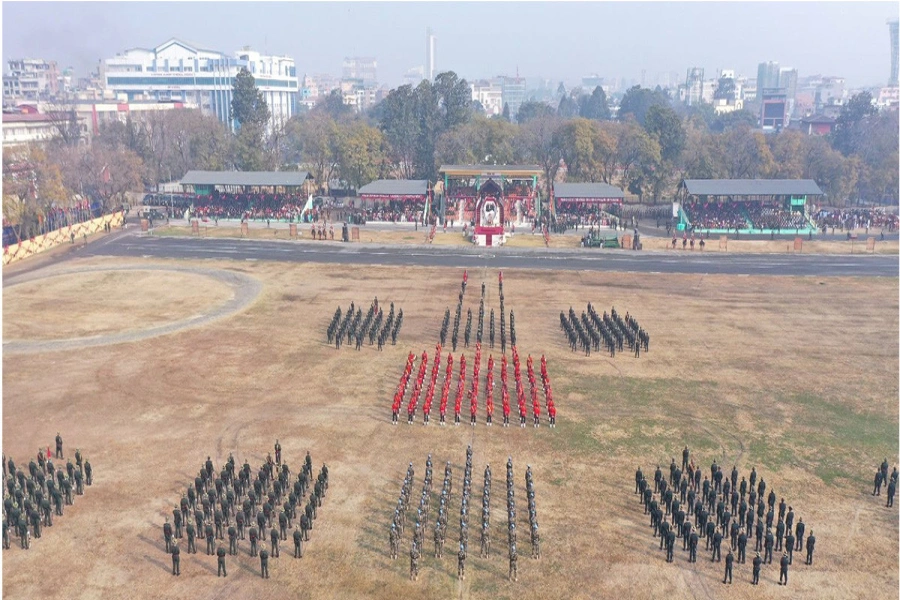Japanese-American rapper and producer, Lyrics Born is an Asian-born Bay Area rapper whose hip-hop style incorporates soul, blues, jazz, funk, rock, and others. Here in Nepal for the good times that Jazzmandu brings with it, Lyrics Born speaks to The Week’s Reya Shreya Rai about the changes in the music industries, the crazy taxi rides around Kathmandu and finally, traditional Nepali instrumental music.
On altering his name from Asia Born to Lyrics Born
In the 90’s when I first started, I was called Asia Born for five or six years. This is one of the reasons why I love the diversity of Nepal. In America, you don’t have too many people who look like us. When I first started making records, the press responded with a “He’s pretty good for an Asian guy” and I didn’t really like that. Since, Lyrics Born had always been a nickname anyways I changed my name to it. I didn’t want people to evaluate my music based on who they thought I was.
The role that Jazz played in his life
I tried to bring as many styles as I can in my music. I started off as a hip-hop artist but even then I sampled Jazz and met a lot of Jazz musicians. One of the things that I really like about Jazz is the whole improvisational aspect of it. There was a jam that I participated in Jazz Upstairs, you have all these musicians that you’ve never met before but you can throw everybody in a room. You’ve got people from all over the world, we might not speak the same language but we all got together and jammed. We’ve got no problem at all, we can go for hours. Later we just stop playing and we can’t even speak to each other. So, I think that’s really what’s so powerful about music especially Jazz. It doesn’t need any language.
A.R. Rahman's daughter Khatija's animated music video wins glob...

The taxi ride in Kathmandu
It was the best seven dollars worth of ride in my life. I’d never felt that kind of adrenaline rush in my life. We went across Rani Pokhari from Patan. And the Indian music blasting from the speakers was just awesome. It is interesting to see the cultural harmony that can be found in all that chaos. In America, we’re used to straight lines and having everything just laid out for you. It’s interesting to see how people really create this flow despite all the chaos.
His thoughts on the changes in the music industry over the years
I put out my first record in 1993. I was still a teenager back then and there was no Internet. So, although I’m pretty active in everything now, there was nothing that you could participate in back then. I’d say having no Internet access back then was the biggest hindrance. We made a lot of cassettes and CDs and there were a lot less record labels. Now, there are a lot of record labels and companies. Obviously, styles have changed so much over the years too. I feel that music is so much more diverse now with so many genres and sub-genres. Sometimes, it’s actually a little hard to keep up with it all.
His take on the changes and progressiveness of Alternative Hip-Hop
I think Alternative Hip-Hop is doing great. I’m glad that it has received such a good response from the audience. The one thing that’s interesting about Hip-Hop is that when you ask somebody for their definition of Hip-Hop, they have their own individual definition. When you ask ten different people, you gather ten different responses from them. 20 years ago, if you’d have asked the same question, there would have been comparatively few answers than what we get now. So, everything’s changed in many aspects. Now, if you ask someone how they feel about rock, they’d proceed to question you on which rock genre you mean; Heavy Metal, Alternative Rock, Arenas Rock, Blues Rock and so on. So, I feel as if the years have brought about a good diversity in music and tastes as well. People are more informed and open-minded and that’s always a good thing.
How he defines music
For me, music is everything. I wouldn’t have a life if I couldn’t do what I do now which is, create music.
His reaction to the traditional Nepali music
I love how they play traditional instruments like the flutes and other percussion equipments. I wish Nepali musicians could get more exposure and take their music out to the world because it’s fantastic. If an event like Jazzmandu has made it possible for us to come to Nepal and discover Nepali music, there should be opportunities for Nepali musicians to do the same.






































